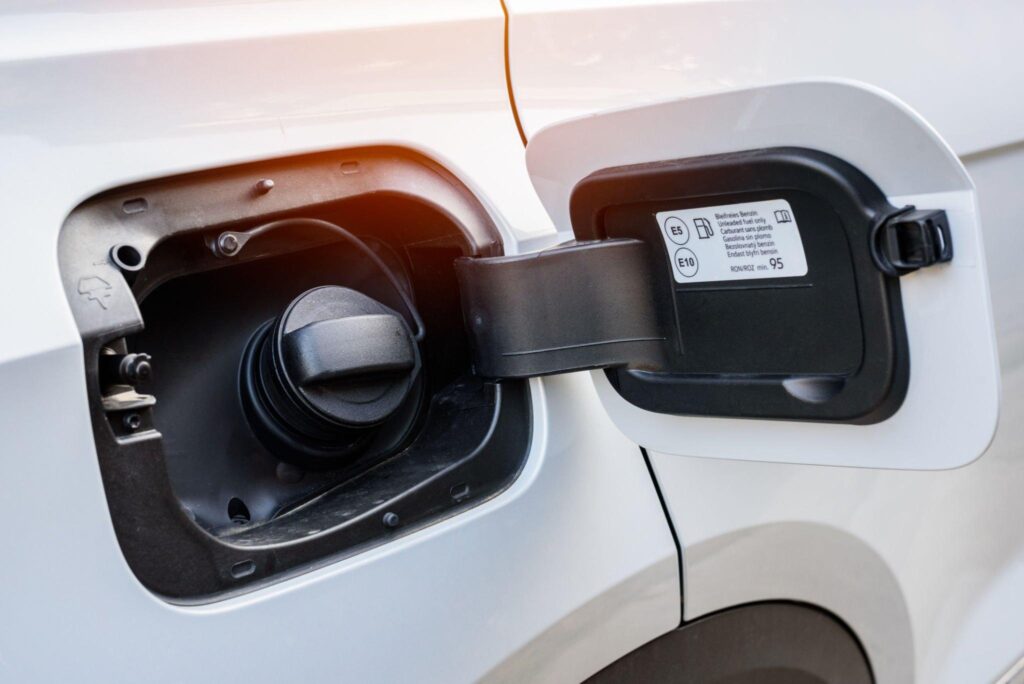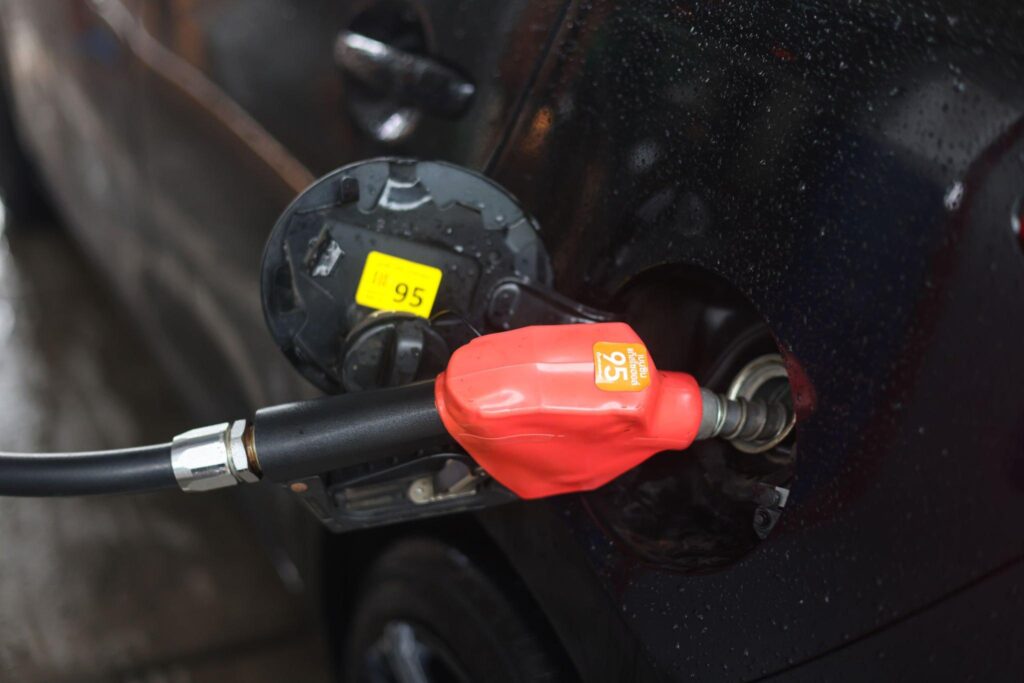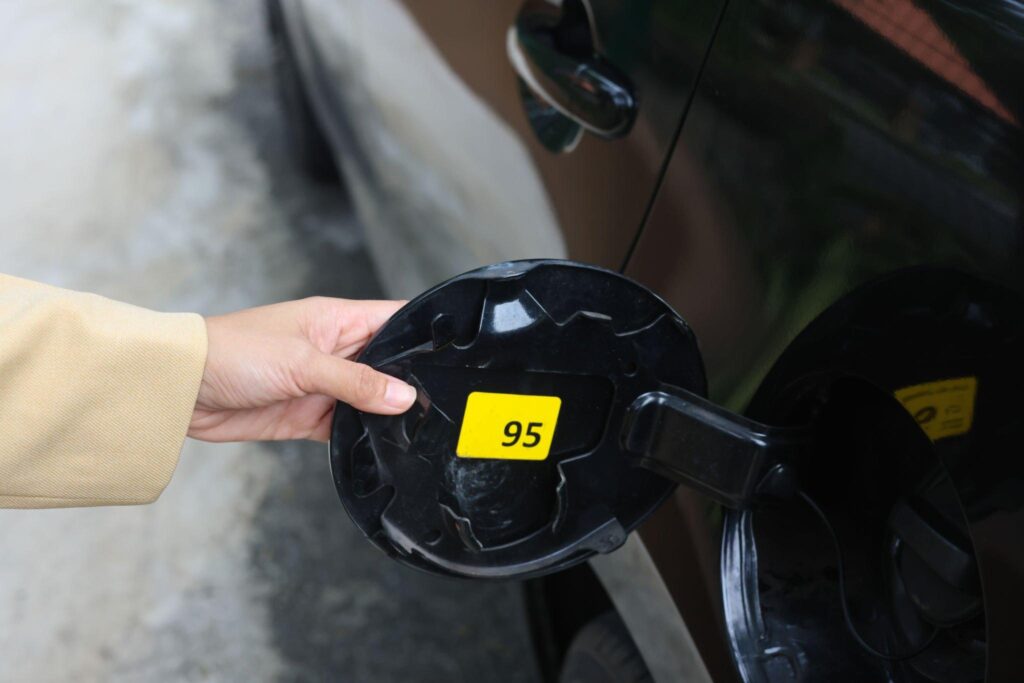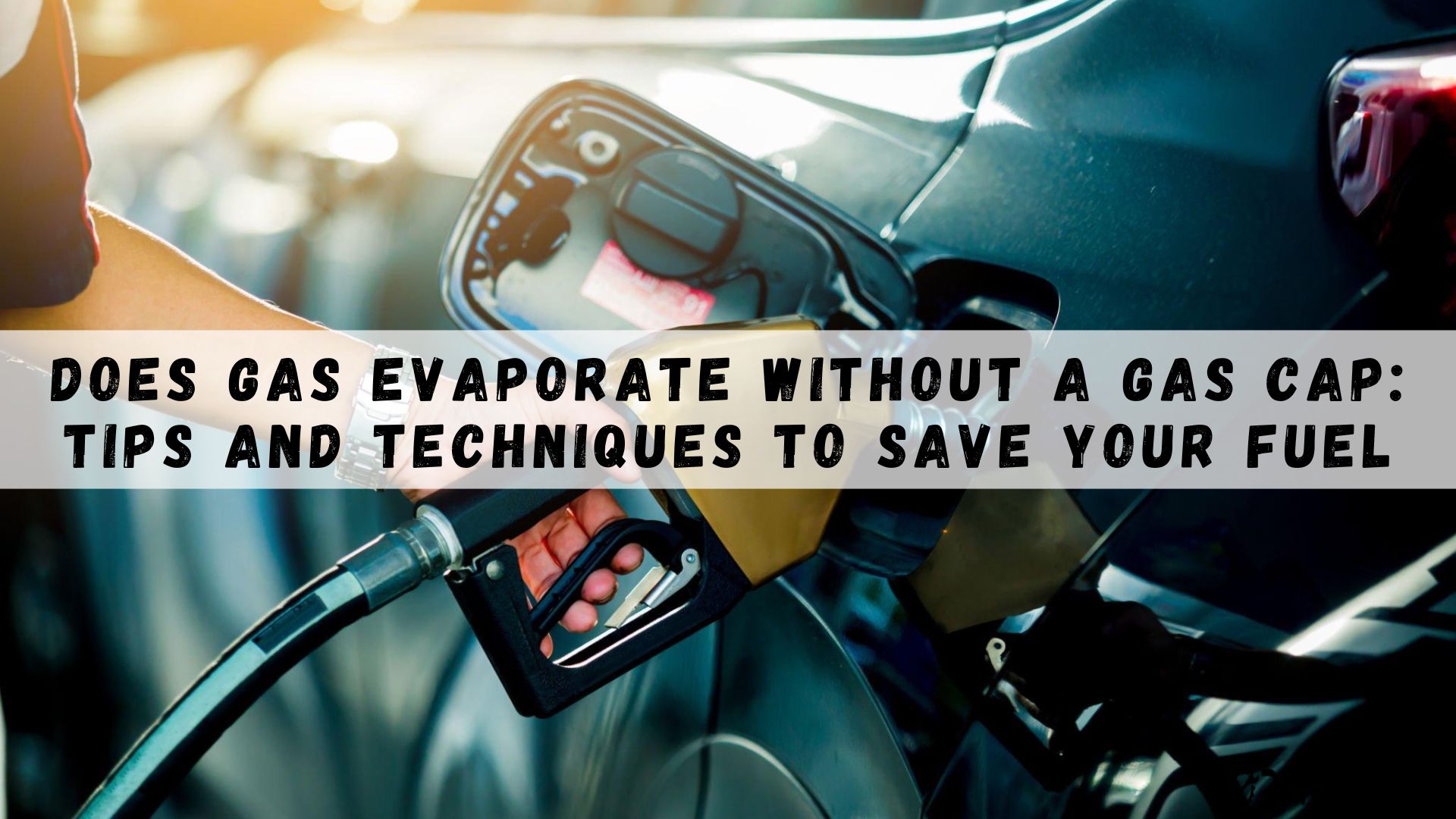Does gas evaporate without a gas cap? Gasoline evaporation is a common problem that results in significant fuel losses, increased emissions, and a waste of money. It happens when gas is exposed to elements, such as air and moisture, and can happen without a gas cap. This problem mostly affects car owners and gas stations.
Here we explore the causes of gasoline evaporation, its impact, and ways to prevent it. Understanding the importance of keeping gas caps tight and secure, storing vehicles in cool, shaded areas, and avoiding leaving gas tanks too low can help to reduce the amount of evaporation that happens and keep your fuel consumption in check.
Why Does Gas Evaporate Without A Gas Cap?

- Presence of air and moisture in the fuel tank
When gasoline is exposed to air, it can begin to evaporate, leading to a loss of fuel. Moisture in the fuel tank can lead to the formation of vapor, which can also contribute to evaporation. A tight and secure gas cap helps reduce the amount of air and moisture entering the fuel tank, thereby reducing the amount of evaporation that occurs.
- Temperature
Gasoline is more likely to evaporate in warmer temperatures. As the temperature increases, the molecules in the gasoline gain more energy and move faster, which increases the likelihood of evaporation. That is why gasoline evaporation is more likely to occur during summer.
- Pressure
The pressure inside the fuel tank can cause evaporation. When the pressure is high, it can increase the amount of vapor in the fuel tank, leading to more evaporation. This results from various factors, including a lack of proper fuel tank ventilation or a malfunctioning pressure relief valve.
- Vehicle usage
The usage of a vehicle could contribute to gasoline evaporation. For example, if a vehicle is not driven frequently, the gasoline in the tank may sit for long periods, leading to increased evaporation.
- Gas Station Storage
Gas stations store large amounts of gasoline in underground storage tanks. If these tanks are not properly maintained and have leaks, it can lead to gasoline evaporation.
Read Also: Can I Apply Clear Coat the Next Day? The Ultimate Guide
How To Detect Gas Evaporation

Several signs may indicate gas evaporation in a vehicle’s fuel system. Here are a few ways to detect gas evaporation:
- Keep an eye on fuel level: One of the most obvious signs of gas evaporation is a decrease in the fuel level in the gas tank. If the fuel level drops faster than usual, it may be a sign of evaporation.
- Check Fuel leaks: Gas evaporation can also result from leaks in the fuel system. Check for any signs of fuel leaks, such as wet spots on the ground under the vehicle or a strong fuel smell.
- Inspect the fuel cap: A loose or damaged fuel cap can allow vapor to escape from the fuel tank, leading to evaporation. Ensure the fuel cap is tight and in good condition.
- Check the fuel system components: Look for any signs of wear or damage to the fuel system. components, such as hoses, lines, and seals. These components can also cause leaks and evaporation.
- Take a look at the engine light: Some vehicles may indicate an evaporation problem by turning on the check engine light. If the engine light is on, it’s best to take your car to a mechanic for a diagnostic check.
- Monitor your fuel consumption: Keep track of the miles traveled and the fuel consumed for each tank fill. If you notice that fuel consumption increases, it may signify evaporation.
Impacts Of Gas Evaporation
Gasoline evaporation can have a significant impact on both individuals and society as a whole. Some of the major impacts include:
- Loss of fuel: Gasoline evaporation can lead to a significant loss of fuel, resulting in wasted money for individuals and lost revenue for gas stations. This can be a problem for people with older vehicles or those who do not drive frequently.
- Increased emissions: Gasoline vapor contains harmful pollutants that can contribute to air pollution when released into the atmosphere. When gasoline evaporates, it releases these pollutants into the air, leading to increased emissions. This can have negative effects on human health and the environment.
- Loss of revenue for gas stations: Gas stations rely on fuel sales to generate revenue, and gasoline evaporation can lead to a loss of fuel and, therefore, lost revenue. This mostly affects smaller, independent gas stations that do not have the resources to absorb these losses.
- Environmental impact: Gasoline evaporation can also negatively affect the environment, as it contributes to air pollution and can harm plants and animals.
- Government regulations and fines: Keep in mind that gasoline evaporation can also lead to government regulations and fines, as they may violate environmental regulations. Gas stations and individual car owners may be held accountable for their contributions to air pollution.
Tip And Tricks To Prevent Gas Evaporation

Keeping The Gas Cap Tight and Secure
This is one of the most effective ways to prevent gasoline evaporation. The reasons are:
- Reducing air and moisture: A tight and secure gas cap helps reduce the air and moisture entering the fuel tank, which can lead to evaporation. It also prevents the formation of vapor and reduces the amount of evaporation.
- Maintaining pressure: A tight and secure gas cap also helps to maintain the proper pressure inside the fuel tank. When the pressure is too high, it can increase the amount of vapor in the fuel tank, leading to more evaporation. A tight and secure gas cap helps keep the pressure inside the fuel tank safe.
- Preventing leaks: A loose or damaged gas cap can lead to leaks, resulting in fuel loss and increased emissions. By keeping the gas cap tight and secure, you can help to prevent leaks and keep more fuel in the tank.
- Compliance with government regulations: Most regulations require that gas caps be kept tight and secure to reduce emissions and protect the environment.
Always check the gas cap regularly to ensure it is tight and secure, and replace it if it is damaged or worn. Also, when fueling your vehicle, tighten the gas cap until it clicks to ensure a tight seal.
You May Also Like: Why Brake and Battery Light On After Replacing Alternator?
Prevention Of Gasoline Evaporation By Avoiding Leaving Gas Tank Too Low
You must not leave your gas too low because of:
- Reducing the air in the fuel tank: When the gas tank is too low, there is more air in the fuel tank, which can increase evaporation. Keeping the gas tank at a higher level means less air in the fuel tank, which can help reduce evaporation.
- Maintaining fuel pressure: A higher fuel level in the gas tank helps maintain the proper pressure inside the fuel tank. This can help reduce evaporation by preventing the formation of vapor and keeping the pressure inside the tank safe.
- Reducing exposure to heat: When the gas tank is low, more fuel is exposed to heat, which can increase evaporation. By keeping the gas tank at a higher level, less fuel is exposed to heat, which can help reduce evaporation.
- Avoid running out of fuel: Keeping the gas tank at a higher level can also help to avoid running out of fuel and being stranded on the road.
Keeping the gas tank at a higher level is not always possible, especially if you travel a long distance or have a small fuel tank. It’s a good idea to try to keep the gas tank at least half full to reduce evaporation and ensure that you will have enough fuel to reach your destination.
Gas Evaporation Prevention By Storing Vehicle In A Cool, Shaded Area
Storing a vehicle in a cool, shaded area can also help to prevent gasoline evaporation because of :
- Lowering fuel temperature: Heat is one of the main causes of gasoline evaporation. By storing a vehicle in a cool, shaded area, the fuel temperature can be kept low, which can help to reduce evaporation.
- Reducing UV rays: Ultraviolet (UV) rays from the sun can cause the plastic and rubber components of a vehicle’s fuel system to degrade over time. This can lead to leaks and vapor emissions and increase evaporation. By storing a vehicle in a shaded area, the exposure to UV rays can be reduced, which can help prolong the fuel system’s life and reduce evaporation.
- Lowering pressure inside the fuel tank: Heat can also increase the pressure inside the fuel tank, which can cause more vapor to be present and lead to more evaporation. By storing a vehicle in a cool, shaded area, the pressure inside the fuel tank can be kept low, which can help to reduce evaporation.
- Avoiding high temperature and humidity: Storing a vehicle in a cool, shaded area can also help to avoid high temperature and humidity, which are known to accelerate the evaporation process.
Storing a vehicle in a cool, shaded area is not always possible, especially for people who live in hot climates or have limited parking space. However, storing a vehicle in a cool, shaded area can be a simple and effective way to help prevent gasoline evaporation.
Verdict
Does gas evaporate without a gas cap? Yes, it does. In summary, to prevent gasoline evaporation, there are a few things you can do. Always make sure the gas cap is tight to minimize the amount of vapor evaporation from the fuel tank. Try storing your vehicle in a cool and shaded area to lower fuel temperature and decrease exposure to UV rays. Not only prevent gasoline evaporation save fuel and money, but it also reduces emissions and protects the environment. Also, it can help extend the life of the vehicle’s fuel system and decrease the risk of breakdowns and repairs.
Now think about Freon Evaporation. Does Freon Evaporate Over Time in A Car? Find Out Now
Our Popular Post:
What If I Accidentally Put Premium Gas Into My Car?
Is it OK to Sit in Car with AC On? Here’s the Answer
How Often To Change Engine Air Filter Toyota?


